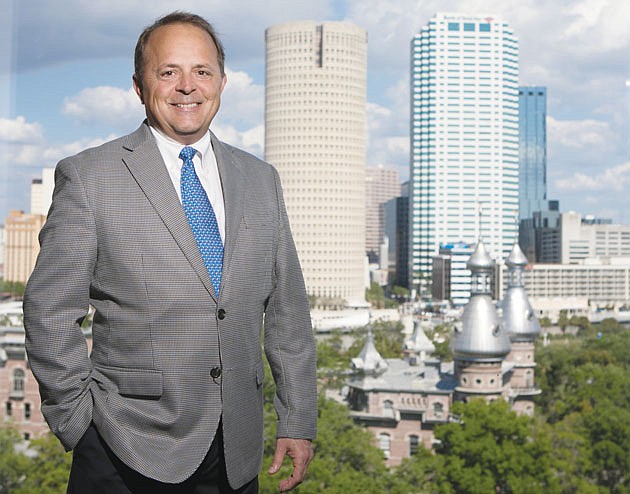- December 13, 2025
-
-
Loading

Loading

Weston Smith says he lay awake late at night with his “entire life on rewind” one December night in 2005. All he could think was: “How on earth did you let your life get to a point where you are lying in bed in a federal prison?”
Smith was in that bunk bed for no small infraction. As chief financial officer of HealthSouth Corp., he was involved in one of the biggest financial statement fraud scandals ever.
In just a dozen years, the health care company had grown to 2,000 locations in all 50 states and five countries. The public company where he was an executive was found to have committed financial statement fraud amounting to nearly $3 billion over 15 years. In 2003, Smith turned whistleblower.